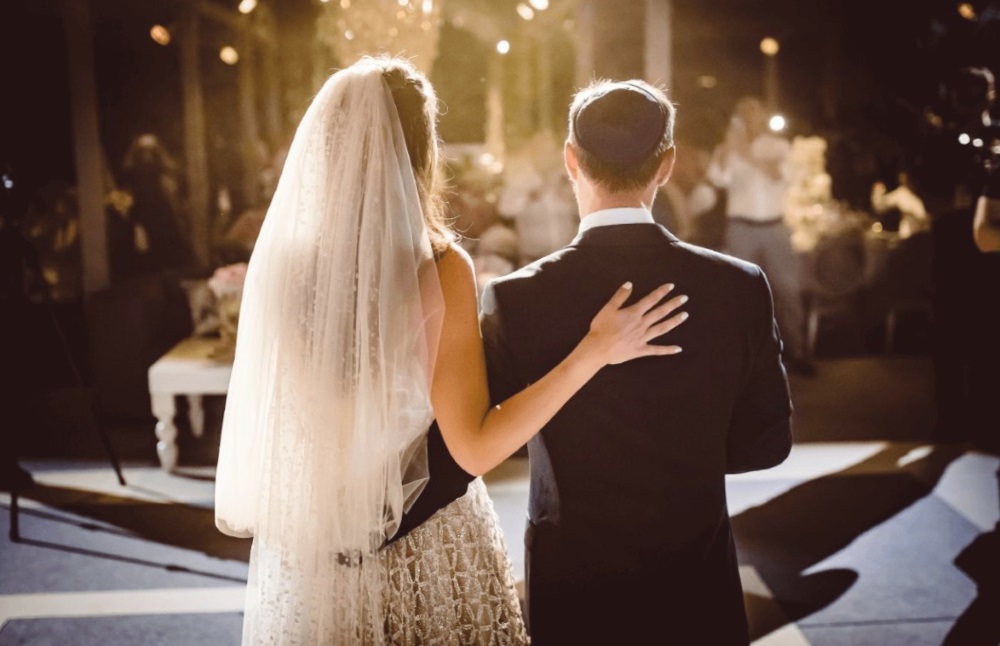All About The Ketubah – Part 2

Don’t miss out on Part 1 of our series – check it out here.
A Ketubah can very loosely be considered something like a Jewish prenuptial agreement, or more accurately a marriage contract and it is considered an integral part of a traditional Jewish marriage.
Ketubah is an agreement between polygamist Jewish men and Christian women that the man will take up and still maintain two additional wives. In return, the woman gives the woman to each of them in marriage. This agreement is usually filled with set terms and conditions.When a woman orally divorces her husband and the two separate, the husband has the right to take two wives from a number of Christian women that he has taken as his wives. Two parts to a binding ketubah (importance of being familiar with):
“In the case of a female member of the general populace or of a community of that nature we [the court] may be dispensed from observance of the ketubah and the substantially resulting mortification, if one of them or a third party does not have the capacity to do so; rather, she becomes a general or a community of that nature”, the Knesset noted in discussing the kashrut rules governing polyamory.
Custom Guidelines
In some situations, however, women who are Christians may have to live with their husbands. However, the most recent procedure that was proposed for this was approved for the use of such Christian individuals who are married to Christians and Jewish men.
However, some situations do exist in which it is ordered that a woman get her husband’s approval to move forward with a divorce.
A sheet of paper, the ketubah, is to be filled out · A Muslim’s name · His place of birth · The status of Muslim life in the previous state · A brief statement of his repentance and his long-term intentions · A statement of whether he [the husband] considered the woman [the disfavored wife] fit to be entered upon ( = to be given) in love-making · A reference to the religious majority in every Muslim state. By signifying this, the woman does not thereby eliminate her status (Hujurat) as a Muslim muhrim – a friend or an acquaintance [i.e., the Christian polygynous wife].
In addition to these criteria are a couple of special circumstances regarding divorce. As an example, [the husband] must shave his beard and remove his lips, as need be, and must perform a number of adhkar [i.e., “impious” acts]. He must appear and participate in the wedding-arrangements [and may not even witness the ceremony].
“It must be stated that an ex-Muslim, the wife of a Muslim, who is living with her Muslim husband is not required to recite a ketubah of divorce and must live with him until the marriage settlement is agreed upon,” (emphasis added) a Foreign Ministry representative explained.
“Every faithful Muslim has the right to void the ketubah referred to in this article (women who live with their Muslim husbands in Israel must purify their “concealed” ketubah before marriage). Those who want a no-fault divorce may do so with the court’s permission, allowing them to take back the Muslim name,” the representative explained.